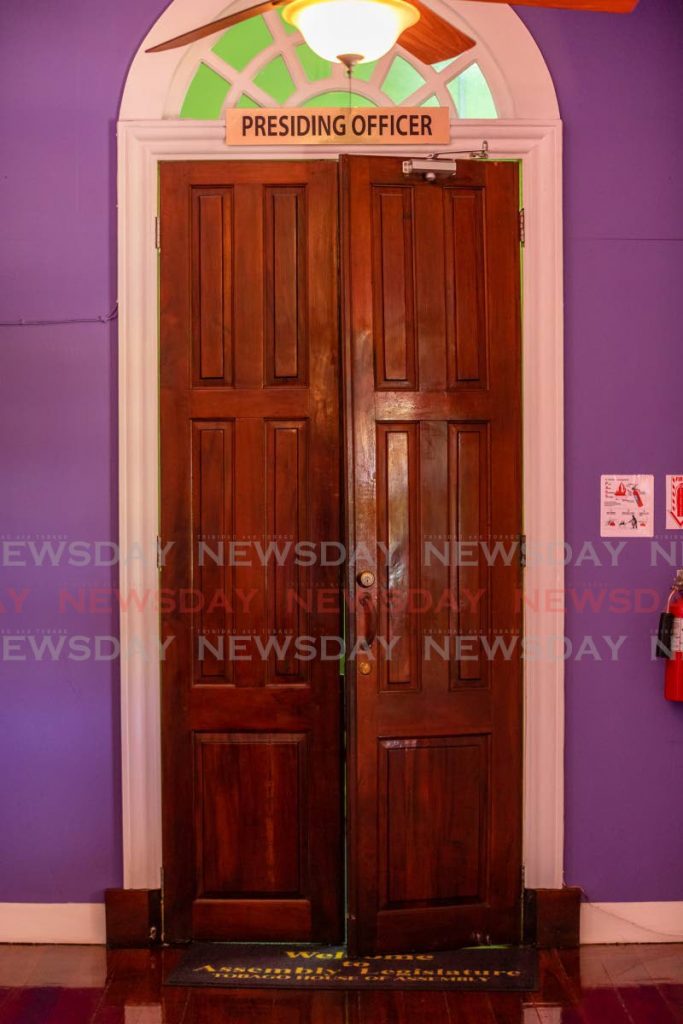Govt of the people

THE EDITOR: Ronald Reagan once famously said, "Government is not the solution to our problem. Government is the problem." When TT decided to go the Westminster route of governance in 1962, was it a wise decision? Did we have a real say in the matter, or was it an unwitting choice foisted upon us by the British lords? Choosing the Westminster system enabled us to become a sovereign nation, but at what cost?
The choices that would be acceptable to the crown were limited. Communism was out, so was a dictatorship or oligarchy. Or is the democratic system we opted for really a type of oligarchical government where the chosen few live like royalty while the average citizen plods aimlessly along?
But what about anarchism? The dictionary defines it as "belief in the abolition of all government and the organisation of society on a voluntary, co-operative basis without recourse to force or compulsion."
What we have achieved since independence is disappointing. No matter which side wins, half of the voters will go home angry and disappointed in the results, and stay that way for five years as they plot on ways to overthrow the legitimately elected leaders.
Would Britain even have allowed us to attain independence if we chose anything other than the Westminster system? Moreover, our chief minister, at that historical epoch, was a product of the British educational system. It is certainly understandable that he would be in favour of fashioning TT's nascent politics along the lines of the British system.
Most democratic governments use a derivative of the British Westminster system of "responsible" government. But is that the best form of democracy available? Moreover, do we even need a government to run our state institutions?
In recent years (2017 to 2020), Northern Ireland did not have a functioning government. However, civil servants continued to do their jobs unconstrained by the lack of political leaders. Furthermore, according to the BBC, Germany, Belgium, and Spain functioned for months without elected leaders.
Those examples beg the question: do we even need a government when a structured societal system and laws exist? The police know their job, so do the ministries, the coast guard, the military, and the publicly-owned institutions.
While traditionalists claim that lack of leaders will lead to dreaded anarchy, that word "anarchy" can instill fear among the population. Anarchy, however, does not mean a breakdown in law and order, it is a deliverance from the burden of an oppressive government.
"In practical terms, anarchy can refer to the curtailment or abolition of traditional forms of government and institutions. It can also designate a nation or any inhabited place that has no system of government or central rule" – Wikipedia.
Case in point: Tobago has been mired with a deadlocked government for weeks with no chaos or breakdown of law and order. That experience shows how abolishing the Westminster system for an anarchist setup, one where there is no central government, no prime minister and no president, can bring about meaningful and sustainable change. Change that will benefit the people, not just the oligarchs.
Disclaimer: I am not advocating a violent overthrow of the elected leaders or the TT Constitution. Whatever we do must be accomplished peacefully in the best tradition of Martin Luther King, Jr and Mahatma Gandhi.
REX CHOOKOLINGO
via e-mail


Comments
"Govt of the people"